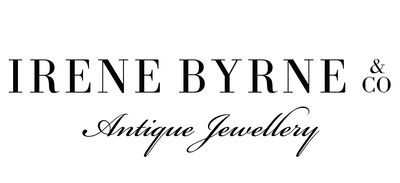In essence, all jewellery that is given is a symbol of love. However, some of our jewellery are a little bit more intent in expressing the message of love. This precious brooch from circa 1930s is a beautiful example. In jewellery, the bow is symbolic of ‘coming together’, a union, or tying a knot of faith and promise. This bow brooch is set with marcasite, what we absolutely love about this brooch, is the movement in the bow. Whilst made in silver, a metal, the feel is as if the bow is in silk.
Circa: 1930s
Gemstone: Marcasite
Material: Sterling Silver
Motif: Bows and knots are a symbol of strength, coming together as a union and ties that bind.
Length: 62.00 mm
Width: 42.00 mm
Country of Origin: Germany
1930s:
The 1930s saw a departure from the carefree flapper style of the 20s and a new decade began with the glamour that was oozing out of Hollywood. The dress clip was the most popular piece of jewellery at the time worn on the neckline and soon being designed in a double incorporating the symmetry featured so heavily in the designs of the Art Deco period. The slim line and fine details in rings and bracelets seen in the 20s were expanded on and bracelets became wider while rings became more elongated both horizontally and vertically on the fingers. Men wore Cartier’s bejewelled cufflinks and diamond studded brooches, which brought an air of glamour to their masculinity.

